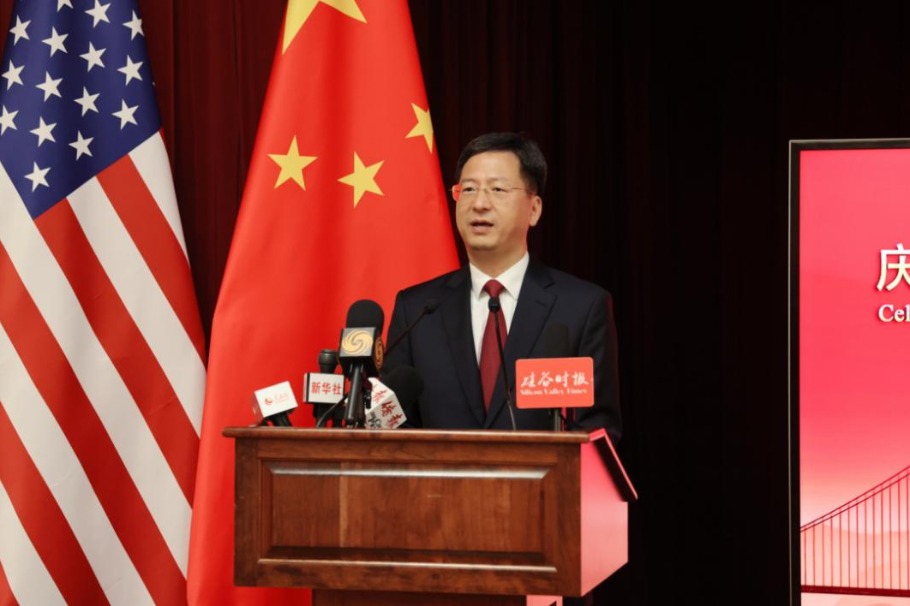Nigeria to benefit from China's landmark Insulin Production Initiative

Nigeria is set to host Africa's first local insulin production facility, a project expected to lower treatment costs, expand access to life-saving diabetes medication, and position the country as a pharmaceutical hub for West Africa.
The initiative, announced by Chinese Ambassador to Nigeria Yu Dunhai on Wednesday in Abuja, marks a milestone in China-Nigeria cooperation. Speaking at a reception to celebrate the 76th anniversary of the founding of the People's Republic of China, Yu said the facility would transform diabetes management by reducing reliance on imported insulin.
"Chinese companies are in talks with Nigeria to build Africa's first local insulin production facility, potentially ending Nigeria's reliance on imported insulin and positioning Nigeria as a hub for African medical biotechnology," Yu said.
Nigerian's Deputy Senate President Barau Jibrin, represented by Senator Babangida Hussaini, welcomed the project as a symbol of the deepening strategic partnership between the two nations.
He noted that Nigeria and China share Oct 1 as their national day and described the relationship as a "comprehensive strategic partnership" reflected in visible investments across roads, railways, power plants, and industrial parks.
Jibrin added that cooperation is expanding beyond infrastructure into people-to-people ties, with thousands of young Nigerians now studying in China, and Nigerian culture gaining visibility in Chinese society.
During the signing of a memorandum of understanding on sustainable insulin production between National Biotechnology Research and Development Agency (NBRDA) and Shanghai Haiqi Industrial Company Limited of China, Nigeria's Minister of Innovation, Science and Technology, Uche Nnaji, hailed the agreement as "a landmark moment in Nigeria's scientific and healthcare journey".
He said local production will not only meet a critical health need, but also create jobs, develop technical expertise, and establish Nigeria as a regional hub for medical biotechnology. Nnaji also added that the partnership will boost Nigeria's self-sufficiency in healthcare.
"This cooperation will ensure a stable supply of insulin in Nigeria, promote development of the country's pharmaceutical manufacturing capacity through technology transfer and local production, create more jobs, and contribute to economic growth," he said.
Director-General of NBRDA, Mustapha Abdullahi, said the collaboration would resolve challenges in insulin supply.
"Insulin is normally imported and comes in different types, but today we are moving towards a standard local production system," Abdullahi said. "This effort is not only for Nigeria but for other African countries as well."
The initiative is a step in the country's push to localise essential drug production, according to Abdullahi, which will reduce costs for patients, and enhance Nigeria's position in Africa's pharmaceutical sector.

































